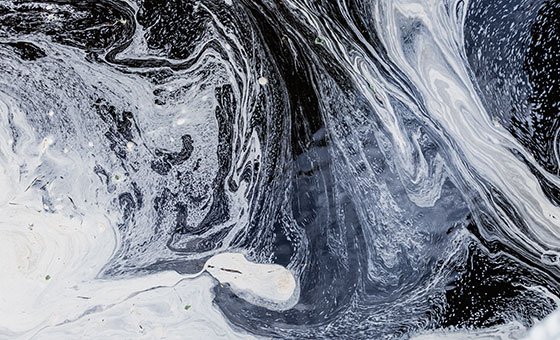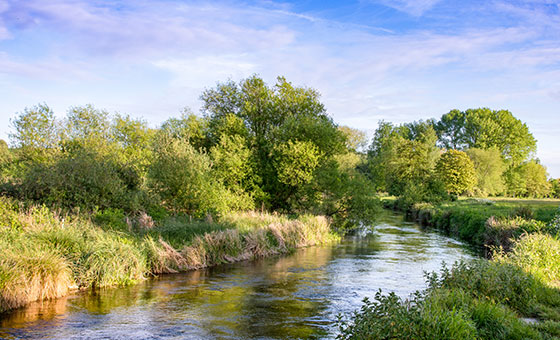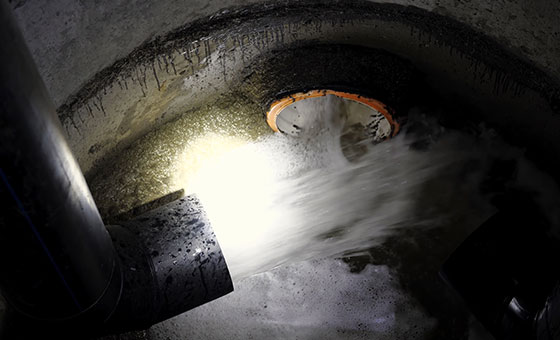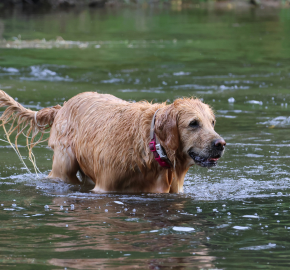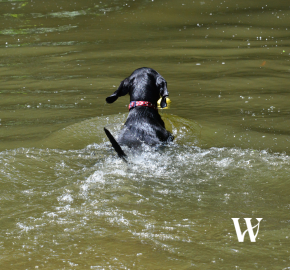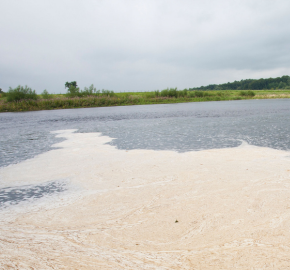Issue: Suspected Chemical Pollution
Source: a Bakkavör salad washing plant at Alresford, Hampshire
The evidence
Our Riverfly Census professionally sampled aquatic invertebrate species to assess water quality.
The River Itchen – one of 12 rivers sampled in the 2018 census – is a chalk stream, Special of Conservation (SAC) and Site of Special Scientific Interest (SSSI).
The Census results recorded low numbers of Gammarus and mayfly species at sites sampled along the river. The evidence pointed to an external pressure. It also indicated that the discharge permits in place to protect the river were not fit for purpose.

